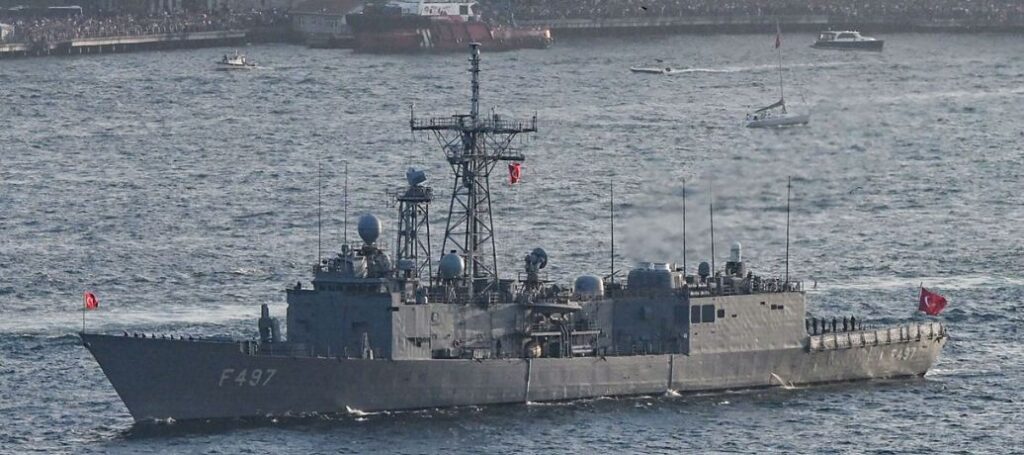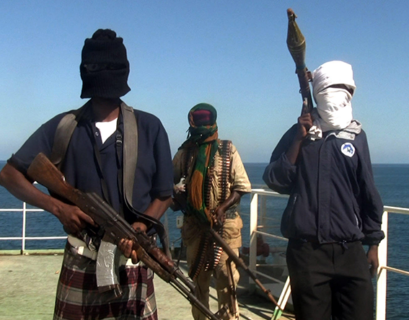Recent developments in the Horn of Africa highlights a troubling trend in Somalia’s handling of its regional relationships and sovereignty. The Somalia government’s response to Turkey’s planned naval deployment is a glaring example of mismanagement and flawed diplomacy that threatens both Somalia’s sovereignty and regional stability.

Somaliland, a breakaway region that declared its independence from Somalia in 1991, has expressed vehement opposition to Turkey’s proposed naval deployment in its maritime zones. Despite not receiving international recognition, Somaliland’s objection highlights the precarious nature of Somali sovereignty and territorial integrity. The Turkish parliament is poised to vote on a mandate allowing Turkish naval forces to operate in Somali waters, ostensibly to combat terrorism, piracy, and illegal activities. However, Somaliland views this as a blatant violation of its sovereign rights and international law.
This situation is a reflection of Somalia’s broader diplomatic failures. The government’s handling of its maritime zones and territorial disputes has been less than stellar. By not adequately addressing Somaliland’s status and not securing a clear and respectful dialogue with its breakaway region, Somalia has left itself vulnerable to external interventions. The Somali government’s lack of cohesive strategy in managing its relationships with neighbouring countries and regions is evident in its recent actions and reactions.
Turkey’s involvement in Somalia has been multi-faceted, including economic and military support. The country signed a Defence and Economic Cooperation Framework Agreement with Somalia earlier this year, which includes protecting Somali waters. However, Turkey’s ambition to deploy naval forces and a drilling ship for hydrocarbon exploration introduces a new layer of complexity. While Turkey claims that these moves are intended to bolster Somalia’s security and economic stability, the implications of such actions are far-reaching.
Somalia’s government has reacted to these developments with a mix of defensiveness and aggression, evidenced by its threats of war against Ethiopia following a deal that would grant Ethiopia access to the Red Sea via Somaliland. This reaction not only exacerbates regional tensions but also undermines Somalia’s credibility as a stable and effective regional actor. The government’s failure to navigate these complex relationships diplomatically reveals a lack of strategic foresight and an overreliance on confrontational stances.
The Somali government’s approach to the Turkish naval mandate illustrates a fundamental misunderstanding of regional diplomacy and international relations. While asserting sovereignty is important, Somalia’s current stance risks alienating potential allies and exacerbating regional conflicts. Turkey’s role as a mediator in the Somalia-Ethiopia-Somaliland triangle is crucial, and Somalia’s confrontational stance could jeopardize these diplomatic efforts.
All in all, Somalia’s handling of the Turkish naval deployment issue reflects deeper systemic issues within its government. The failure to address internal divisions, manage international relationships effectively, and respond to external interventions in a strategic manner highlights the need for a more nuanced and effective foreign policy. Somalia’s government must reconsider its approach, focusing on diplomacy and strategic cooperation rather than confrontation, to safeguard its sovereignty and promote regional stability.













apqOPNZBysbmVf
qMHtcGJvhFNL
EMsLGmzj